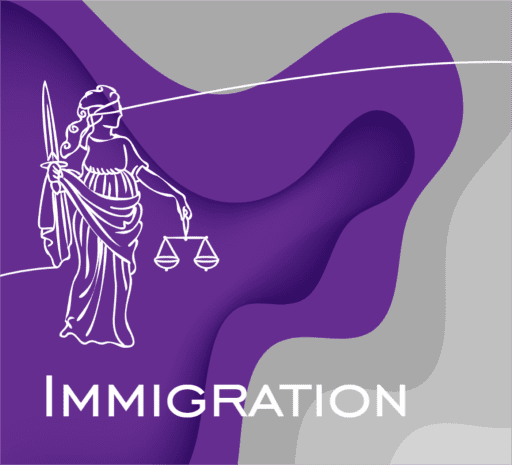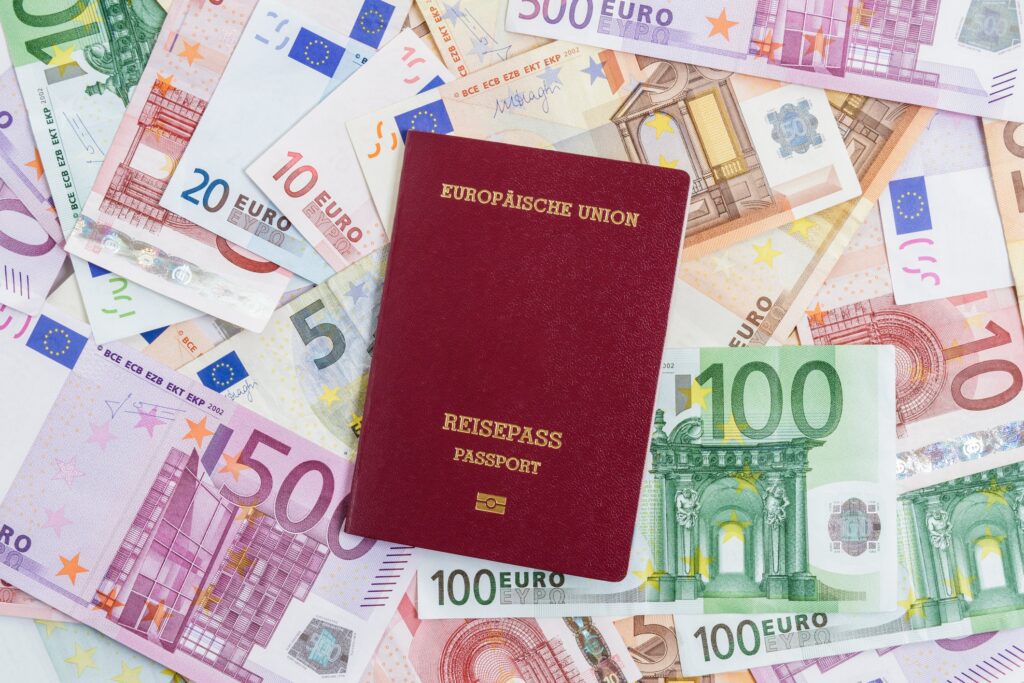Contrary to popular belief, it isn’t necessary to marry (or intend to marry) an individual with settled UK status to qualify for a visa. Legislation introduced in 1997 made allowances for non-EEA nationals to legally enter and reside in the United Kingdom on the basis of their relationship with a settled individual as an unmarried partner.
Today, unmarried partner relationships are recognised largely in the same way as traditional marriages and partnerships. There are certain rights and privileges that exclusively accompany marriage and other formal partnerships, but it is nonetheless possible to enter the UK and live with a settled individual on the basis of an unmarried partnership.
What Is an Unmarried Partner Relationship?
It’s often assumed that civil partnerships and unmarried partnerships are the same. In reality, an unmarried partnership refers more to cohabitation, whereas a civil partnership refers to a recognised same sex relationship. UK immigration law formally recognises unmarried partner relationships in instances where two people in a relationship have been living together and sharing their lives in a similar way to marriage for at least two years.
Importantly, an unmarried partner relationship is only recognised on the condition that the couple has the intention to stay together and live together indefinitely. Hence, the relationship is similar to a traditional marriage or civil partnership, though without the formal/legal joining of the two parties.
As a result, the key to successful unmarried partner visa applications typically lies in the provision of evidence of cohabitation. Documentation must be provided to support the applicant’s case, usually in the form of utility bills, bank statements, tenancy agreements and other documents that feature the names of both parties.
The legislation was introduced in response to growing demand for acknowledgement of many couples’ desire to live together and share their lives permanently, without having to enter into marriage. For a variety of reasons, some couples simply do not wish to get married or enter into civil partnerships, yet have every intention of remaining a couple and living together indefinitely.
Unmarried Partner Considerations under Current Immigration Rules
Where an application for an unmarried partner visa is successful, the applicant will be granted conditional leave in the United Kingdom for a maximum of 33 months. During which time, a subsequent application can be submitted to extend this by a further 30 months. By the end of this 63-month temporary residency, the applicant will have fulfilled the five-year continuous UK residence requirement to apply for permanent settled status.
Initial entry clearance is not required when an individual submits their application while already in the UK. Longer periods of legal and uninterrupted UK residency can boost an applicant’s likelihood of being granted indefinite leave to remain.
Should a couple decide they wish to get married, the applicant will have the option to apply for leave as a spouse. Different criteria must be fulfilled and evidence provided to qualify for a fiancé visa or a visa on the basis of marriage – contact the team at Aristone Solicitors for more information.
Basic Requirements for Successful Unmarried Partner Visa Applications
There are several essential requirements that must be met for an unmarried partner visa application to be considered. Examples of which include the following:
- Both unmarried partners must be at least 18 years old
- The partner in the UK must have unconditional settled status
- The intention to live together permanently
As it can be difficult to formally document and prove an intention, the couple’s intention to live together permanently may be particularly scrutinised during the application process. Along with the provision of a formal declaration of intent by each partner, it may also be necessary to provide evidence of the availability and readiness of suitable accommodation.
Applications can also be supported with supplementary documentation, such as reference letters from friends and family, statements from persons in positions of responsibility and so on.
Financial Requirements
Visa applications are routinely rejected on the basis of one or both partners’ assumed likelihood of putting a strain on public funds. It’s therefore the responsibility of both parties to verify their financial status and their ability to fund their lifestyles, without resorting to benefits/welfare payments.
Right now, the minimum annual salary requirement for a sponsor (the UK settled partner) is £18,600. If the overseas partner intends to bring children into the UK, this increases to £22,400 for the first child and a further £2,400 for every subsequent child. Extensive proof of income will be required to verify the financial status of the sponsor.
The source of income itself will also be scrutinised during the screening process – the following income sources having been deemed acceptable by the British government:
- Standard income from an employer
- Income from self-employment
- Pension payments (private or state)
- Savings acquired legitimately
- Any legal/traceable source of income
Examples of acceptable documentation as evidence of financial status include the following:
- Formal letters from employers
- Bank statements
- Tax returns and accountancy documents
- Employment contracts
- Business statements
- Pay slips
- P60s
Evidence of Suitable Accommodation
The applicant will need to provide evidence of their arrangement of suitable accommodation for the duration of their stay. This is a critical aspect of the application process and may determine whether the visa is subsequently issued. Provision of evidence in relation to accommodation is relatively simple – mortgage statements, tenancy agreements, formal letters from housing associations and so on are all considered acceptable by the Home Office.
If there are any doubts as to the suitability or current occupancy of the property, it may also be helpful to obtain a formal letter from a local council office.
English Language Requirements
Individuals from non-English speaking nations will be required to formalise their English language skills as part of the visa application process. Specifically, an English language test at level A1 or above must be passed, or the applicant must have a degree-level qualification or higher from a UK educational institution taught in English.
Unmarried Partner Visa Specialists in Luton
The success of your unmarried partner visa application could be determined by the legal support you’re provided with throughout. Here at Aristone Solicitors, our elite individual immigration team has unrivalled experience and expertise in all aspects of unmarried partner visa applications.
From document acquisition to application submission to full legal representation in front of UK courts and bodies, we’ll provide the all-round support you need for a successful outcome. Contact the team at Aristone Solicitors today to book your obligation-free consultation with one of our experts.


